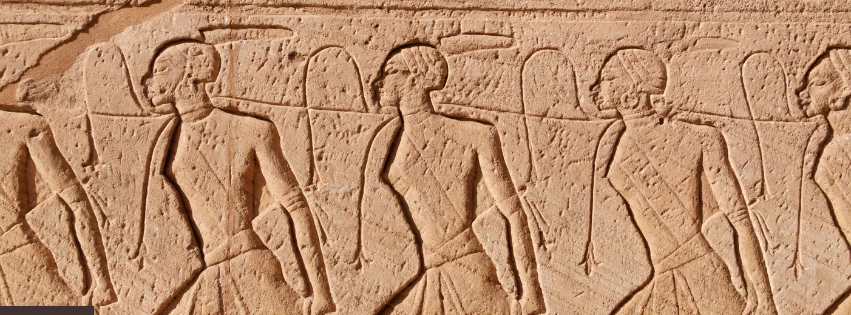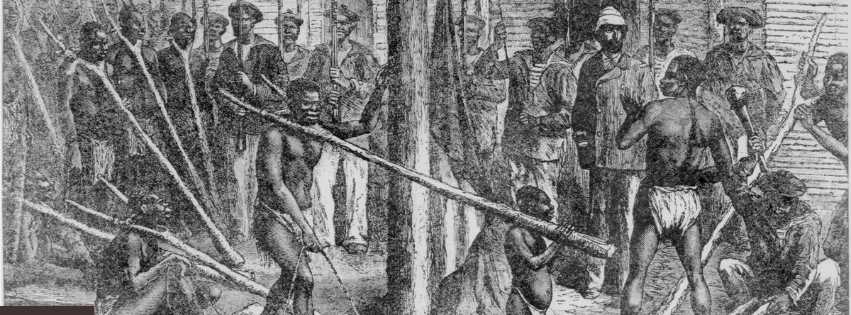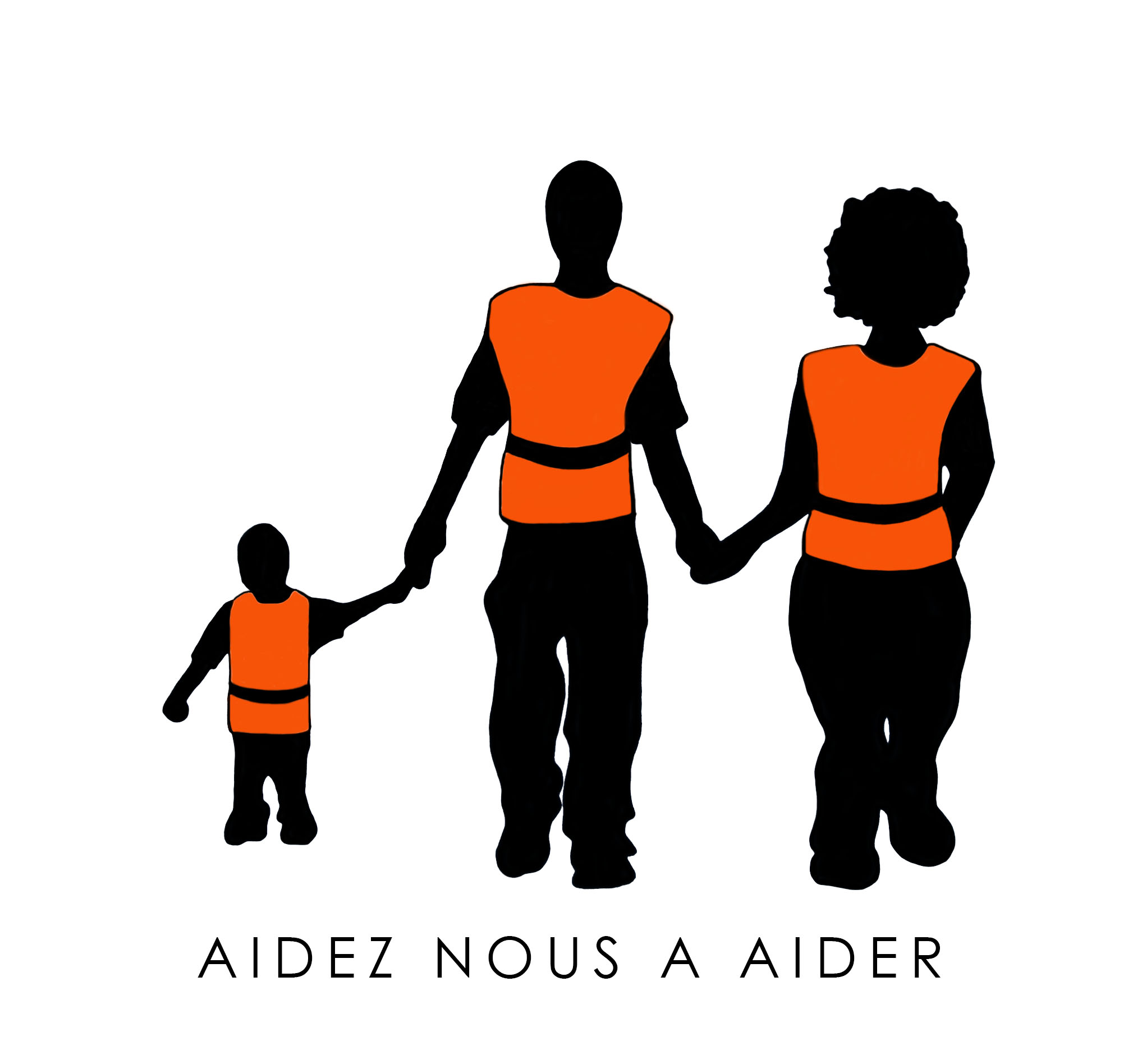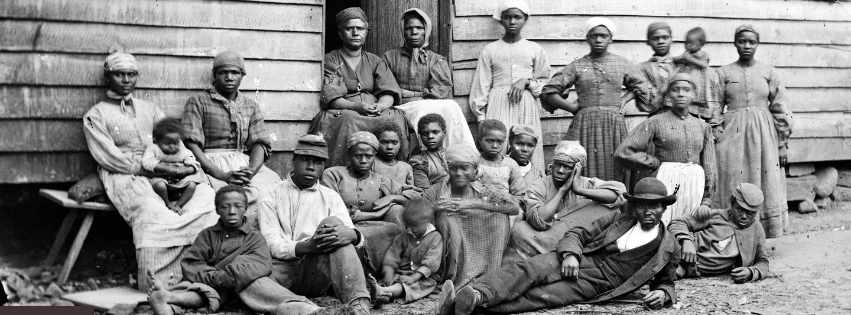Slavery’s Impact on Discrimination Against Sub-Saharan Africans and Migrants in Morocco. In the sun-baked streets and bustling markets of Morocco, a hidden legacy looms large—a legacy forged in the depths of history but still reverberating in the lived experiences of Sub-Saharan Africans and migrants today. The echoes of slavery, centuries past, have cast a long shadow over the nation, shaping attitudes, policies, and prejudices that perpetuate discrimination and marginalization.
Embedded within Morocco’s narrative lies a profound historical entanglement with the trans-Saharan and transatlantic slave trades, the echoes of which reverberate through the chronicles of time. For centuries, Morocco stood as a pivotal hub within these merciless networks, serving as both a transit point and a destination for countless souls wrenched from their homelands in Sub-Saharan Africa. Enslaved individuals were forcibly transported across deserts and seas, bound for North African households, fields, and industries, where their labor sustained economies and bolstered social hierarchies. Despite the formal abolition of slavery within Morocco during the 20th century, the residue of this abhorrent practice persists, woven intricately into the fabric of society and perpetuating systemic discrimination against Sub-Saharan Africans and migrant populations.
Within the intricate tapestry of discrimination, racial prejudice emerges as a prominent thread, weaving its insidious influence into the lived experiences of Sub-Saharan Africans in Morocco. These individuals find themselves ensnared in a web of derogatory stereotypes, enduring the weight of dehumanization and exclusion from mainstream society. Struggling against the currents of systemic bias, they encounter formidable barriers in securing housing, employment, education, and healthcare, their aspirations thwarted by the pervasive grip of discriminatory policies and entrenched social attitudes. This cycle of inequality perpetuates a pervasive sense of injustice, relegating Sub-Saharan Africans to the fringes of society, where their inherent dignity and worth are systematically undermined.

Also Read: What is the European Migration Act?
The enduring legacy of slavery reverberates through Morocco’s legal and institutional structures, embedding patterns of discrimination and marginalization that disproportionately affect migrants, especially those from Sub-Saharan Africa. Within this framework, law enforcement agencies wield unchecked power, often resorting to racial profiling, arbitrary detention, and harassment against Sub-Saharan migrants with impunity. Such systemic bias not only undermines the principles of fairness and justice but also corrodes trust in state institutions, perpetuating a cycle of discrimination and injustice that corrodes the fabric of Moroccan society.
The echoes of slavery resonate deeply within Morocco’s cultural fabric, where narratives of superiority and inferiority persist, shaping entrenched social hierarchies and power dynamics. Sub-Saharan Africans frequently find themselves relegated to the role of the “other,” subject to exoticization or demonization in various forms of media, literature, and popular culture. These representations perpetuate harmful stereotypes that fuel prejudice and discrimination, reinforcing existing social divisions and exacerbating tensions within Moroccan society.

Also Read: What challenges do Undocumented Migrant Children face?
Despite the daunting challenges posed by the enduring legacy of slavery and entrenched discrimination in Morocco, there is a glimmer of hope on the horizon. Civil society organizations, human rights activists, and grassroots movements have emerged as beacons of change, dedicating themselves to the task of confronting the historical injustices that continue to afflict Sub-Saharan Africans and migrants. Through tireless advocacy efforts, educational campaigns, and community empowerment initiatives, these groups work diligently to challenge prevailing narratives, promote dialogue, and build mutual understanding among diverse communities. By dismantling the structural barriers that perpetuate inequality and injustice, they strive to create a more inclusive and equitable society where all individuals are afforded dignity, respect, and equal rights under the law.
As Morocco grapples with its historical legacy and grudgingly acknowledges the persistent discrimination faced by Sub-Saharan Africans and migrants, it stands at a critical juncture to understand Slavery’s Impact on Discrimination Against Sub-Saharan Africans and Migrants in Morocco. To forge a path toward a more just and inclusive society, Morocco must confront the harsh realities of systemic discrimination head-on. By recognizing the deep-seated roots of this injustice and implementing concrete measures to dismantle discriminatory practices, Morocco can pave the way for a society where every individual, regardless of their background or origin, is treated with dignity, respect, and empathy. Embracing this journey of justice and reconciliation demands a courageous reckoning with the shadows of the past and a steadfast commitment to building a brighter, more equitable future for all.
Also Read: How is Europe responding to the Migration Crisis?


Pingback:What are the mental health challenges faced by Migrants and Refugees?